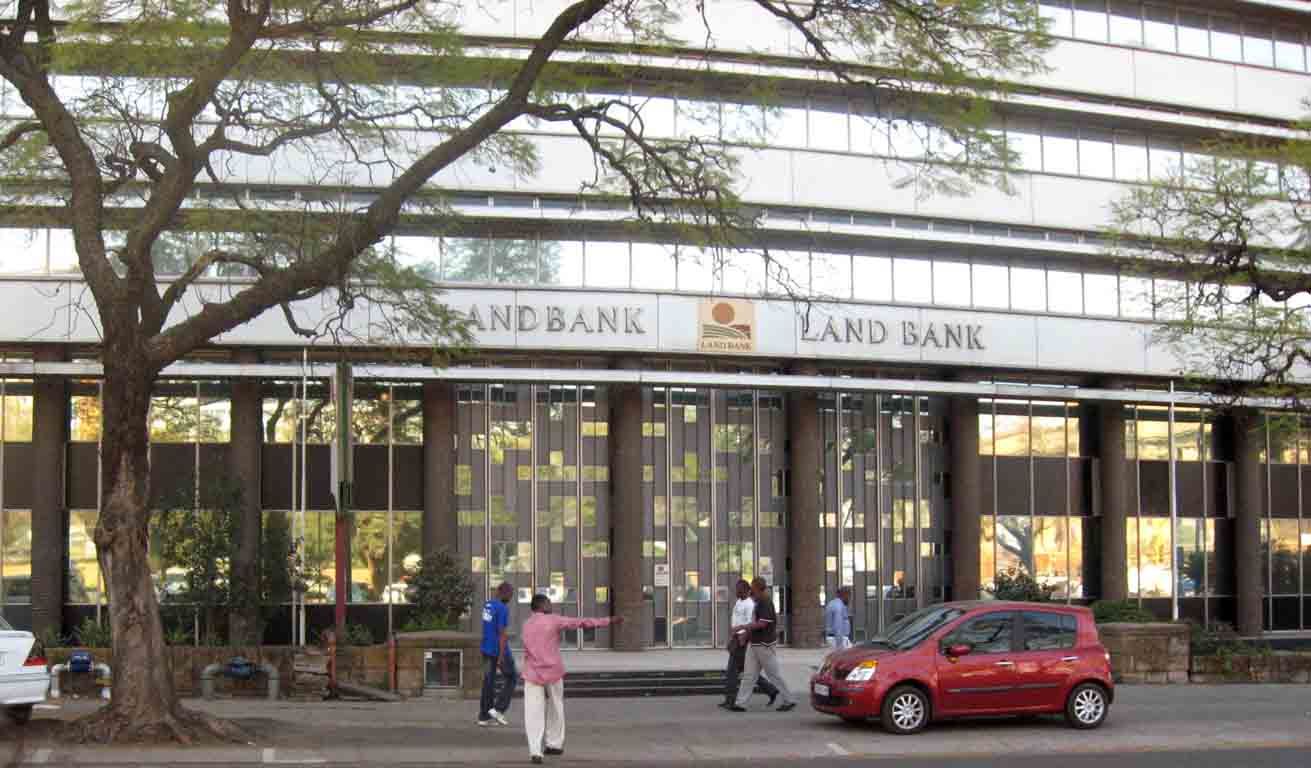South Africa’s state-owned Land Bank has expressed worry about the country’s ongoing land reformation program.
There is an ongoing conversation to reform land ownership in the country.
The program will allow for the seizure of lands without compensation. But the Land Bank is worried about the implications for its debt portfolio.
Managers of the bank say the program could trigger defaults that could cost the government 41 billion rand ($2.8 billion).
It wants it’s rights as a creditor protected by the state. Land Bank provides financial services to commercial farmers and other agricultural businesses.
The bank’s Chairman Arthur Moloto said in the company’s 2018 annual report that “a cross default clause would be triggered should we fail to pay when these debts fall because of inadequate liquidity or lack of alternative sources of funding.”
“A poorly executed expropriation without compensation could result in the main sources of funding drying up as investors might not be willing to continue funding Land Bank in particular, or agriculture in general,” Moloto said.
South Africa’s parliament in February adopted a motion seeking to amend the country’s Constitution. It is to allow for the expropriation of land without compensation.
The country’s Constitutional Review Committee is currently working on the reform process. It will report back to Parliament by August 30.
South Africa’s President Cyril Ramaphosa says his ruling party the African National Congress (ANC) will back an amendment to the country’s Constitution to allow for expropriation of land without compensation.
A 2017 land audit report by the department of land reform states 72% of farm land is owned by white owners, followed by coloureds (people of mixed race) at 15%, Indians at 5% and blacks at 4%.
Source: Africafeeds.com



